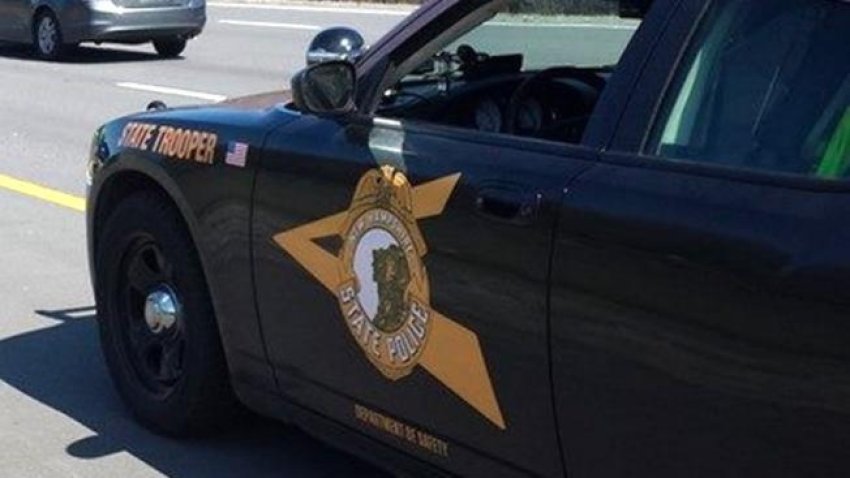

The Latest
-

Key stats Patriots fans should know about new addition Milton Williams
The Patriots bolstered their defense in a major way by agreeing to sign Eagles defensive tackle Milton Williams in NFL free agency.
-

Patriots 2025 depth chart: Updated roster with free agency additions
Here’s a look at the Patriots’ 2025 depth chart with their offseason additions included.
-

Patriots make bold pivot to land top FA target Milton Williams
The Patriots stayed nimble in free agency Monday, and the result was a massive deal for elite defensive tackle Milton Williams, writes Phil Perry.
-

Crunching the numbers on ageless Al Horford's throwback game vs. Lakers
How good was Al Horford in Saturday’s win over the Lakers? Chris Forsberg highlights some eye-opening numbers that highlight the Celtics veteran’s impact.
-

Morgan Moses gives Patriots a dependable veteran at right tackle
The Patriots are shoring up their right tackle spot with the addition of Morgan Moses. Phil Perry reacts to New England’s reported signing of the 34-year-old veteran.
-

Three chances for 60 degree temps in the next week
It’s feeling a lot spring, right? With the switch to daylight saving time over the weekend and warmer temperatures early this week, it feels like we’re starting to turn the page to real spring! But don’t be fooled. Winter isn’t done with us just yet. As we continue moving through this Monday, expect high temperatures in the mid 50s. ... -

Patriots make first big splash in free agency with CB Carlton Davis
Carlton Davis gives the Patriots a formidable cornerback duo alongside Christian Gonzalez. Phil Perry reacts to New England’s biggest free-agent signing to date.
-

Patriots bolster defense by adding Williams, Davis in free agency
The Patriots have been busy adding talented veterans, including Carlton Davis and Robert Spillane, to Mike Vrabel’s defense in NFL free agency.
-

For Patriots, free agency is a reminder that there are no shortcuts
As the Patriots miss out on marquee free agents, Tom E. Curran offers a reality check for a team that’s at “ground zero” of its rebuild.
-

1989 Framingham rapes suspect arrested after LA police chase due in court
A man accused in a pair of sexual assaults in the Massachusetts area more than 30 years ago is appearing in court Monday, months after his arrest in August after leading a police chase in Los Angeles.
-

Harvard's Allston campus lands first corporate partner, a pharmaceutical company
Harvard’s Enterprise Research Campus in Allston has signed its first corporate partner to launch a new innovation center.
-

Chris Godwin a top priority for Patriots as free agency looms
Chris Godwin would be a great fit for the Patriots in many ways. Phil Perry shares his intel on New England’s interest in the veteran receiver.
-

Latest Brad Marchand trade report not a good look for the Bruins
Sportsnet’s Elliotte Friedman reported Satuday that Brad Marchand was willing to bend on some of his contract demands to remain with the Bruins.









